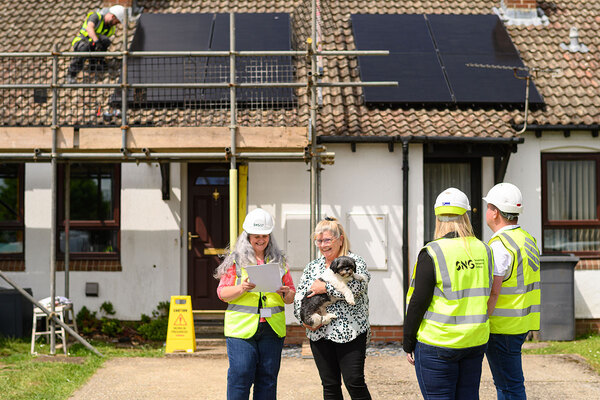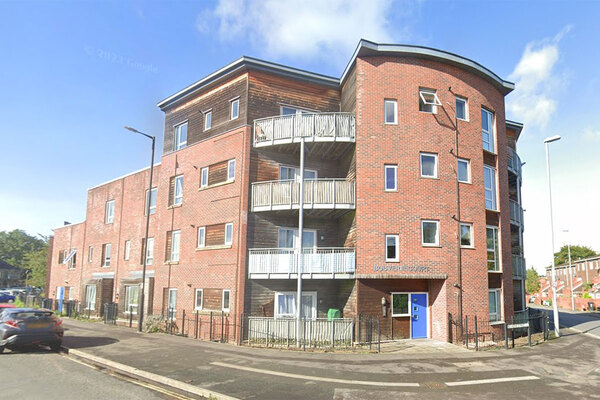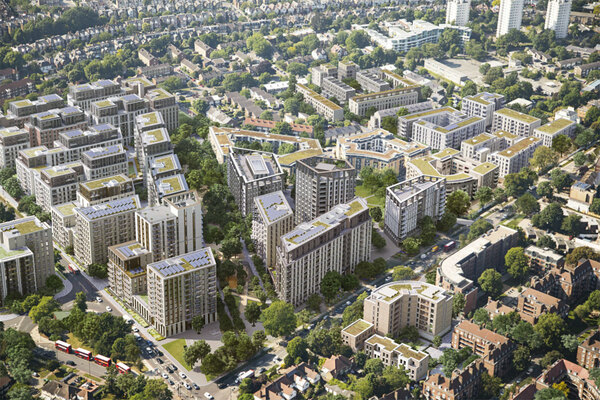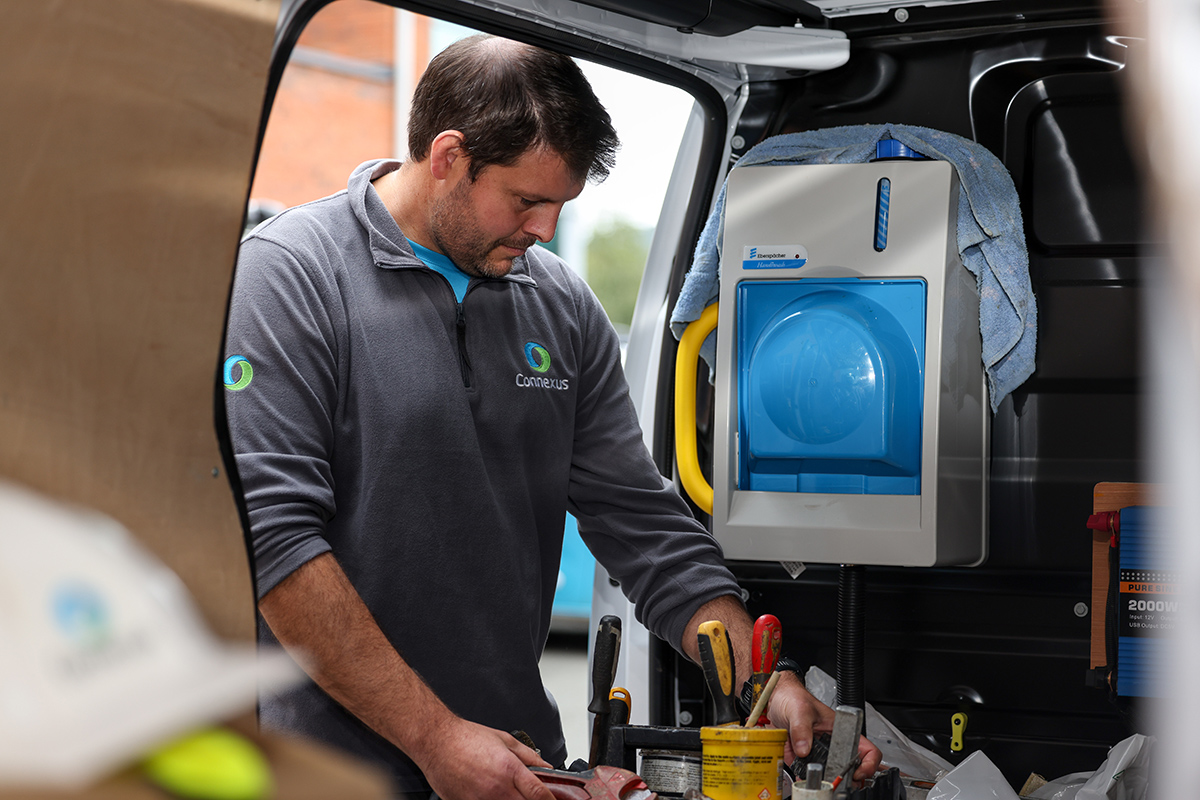You are viewing 1 of your 1 free articles

Billy Brown is chair of Southern Housing’s resident strategy group
Housing associations must work more proactively with residents – here’s how they can crack it
Billy Brown sets out how housing associations could and should transform the way they work with tenants
Without housing associations, I wouldn’t be where I am today. Being able to move into a good-quality, affordable home gave me stability at a tough time in my life when I needed it the most.
It’s because of the life-changing effect a housing association tenancy has had, that I want to see associations succeed and be sustainable. But to have a strong future, associations need to change, as does the way the government supports them.
Essentially, I think housing associations need to be more proactive in working in genuine partnership with residents to thinking long term about the big challenges they and we face.
My day job isn’t in the housing sector, so since becoming an involved resident, I’ve been really struck by the wide range of issues associations face. Ongoing fire safety works, meeting net zero targets, tackling damp and mould, helping residents through the cost of living crisis, the spiralling cost of building affordable homes – it’s quite a list.
I think the sector needs to tackle these issues head on, by working with residents in an open and meaningful way.
I’m really pleased that our resident scrutiny panel at Southern Housing has chosen damp and mould as one its first reviews, following the recent merger. It’s only by residents and staff rolling up their sleeves to look at what should be done on these difficult issues that we’ll make lasting progress.
This means associations need to up their game on resident involvement. Not because the government or the regulator says so, but because it’s the right thing to do and will help deliver better services. Housing associations need to want to be good and then be good. Put the energy into working with residents to deliver great services and the rest will follow.
“I always say to my fellow residents: if you want to make a change or make services better, give feedback or step forward and have your say”
At Southern Housing, I’ve seen how well it works having residents involved at all levels. During the merger of Optivo and Southern Housing Group, myself and another resident jointly led a resident governance working group, which recommended to board the resident involvement arrangements for the new organisation.
Made up of residents from both organisations, we invited a range of other associations to present how they approach scrutiny and involvement. It was a really interesting opportunity for residents and staff to learn together about the options and co-design a new approach. It also enabled us to reflect on what had worked well and less well in our legacy organisations and build on the best of both, as well as learning from others. In my experience, this hands-on approach to involvement delivers real results.
As residents we need to be proactive, too. I always say to my fellow residents: if you want to make a change or make services better, give feedback or step forward and have your say.
We’ve worked really hard at Southern Housing to make sure new recruits to our resident panels are more diverse and representative of our wider residents. This is crucial in encouraging a broader range of residents to get involved, rather than just the usual suspects. And, as research has shown, diverse groups make better decisions.
I also think it’s important that residents are properly represented in the boardroom as well as through our resident governance structure. I’m pleased to be part of an organisation that takes this challenge seriously. Southern Housing has four resident places on the board and a fifth board member grew up in one of our homes. I attend all board meetings, so board discussions and decision-making are never allowed to become disconnected from what residents really care about.
“Housing associations need that support, because in my experience they make a massive positive difference to people’s lives”
As well as housing associations changing, I’d argue that the government needs to do more to support affordable housing. It’s clear the government regularly passes down new measures, regulations and policies, but not always clear is how associations should cover the costs.
I support better regulation, but with only a finite pot of rent money coming in and rents capped nationally, where does the money come from to meet all of the challenges I mentioned earlier? It has to come from somewhere and for many associations, it’s at the detriment of building new affordable homes which are badly needed.
The squeeze on housing association budgets makes me concerned about how sustainable the business model will be in future, unless more support’s available.
Housing associations need that support, because in my experience they make a massive positive difference to people’s lives. At the same time, they need to get serious about improving services through co-creation and genuine involvement.
If the sector can get both of these right – speaking up for funding to meet major challenges, while working with residents to sort out day-to-day services – then we’ll have a sector that’s fit for the future.
Billy Brown, chair of the resident strategy group, Southern Housing










